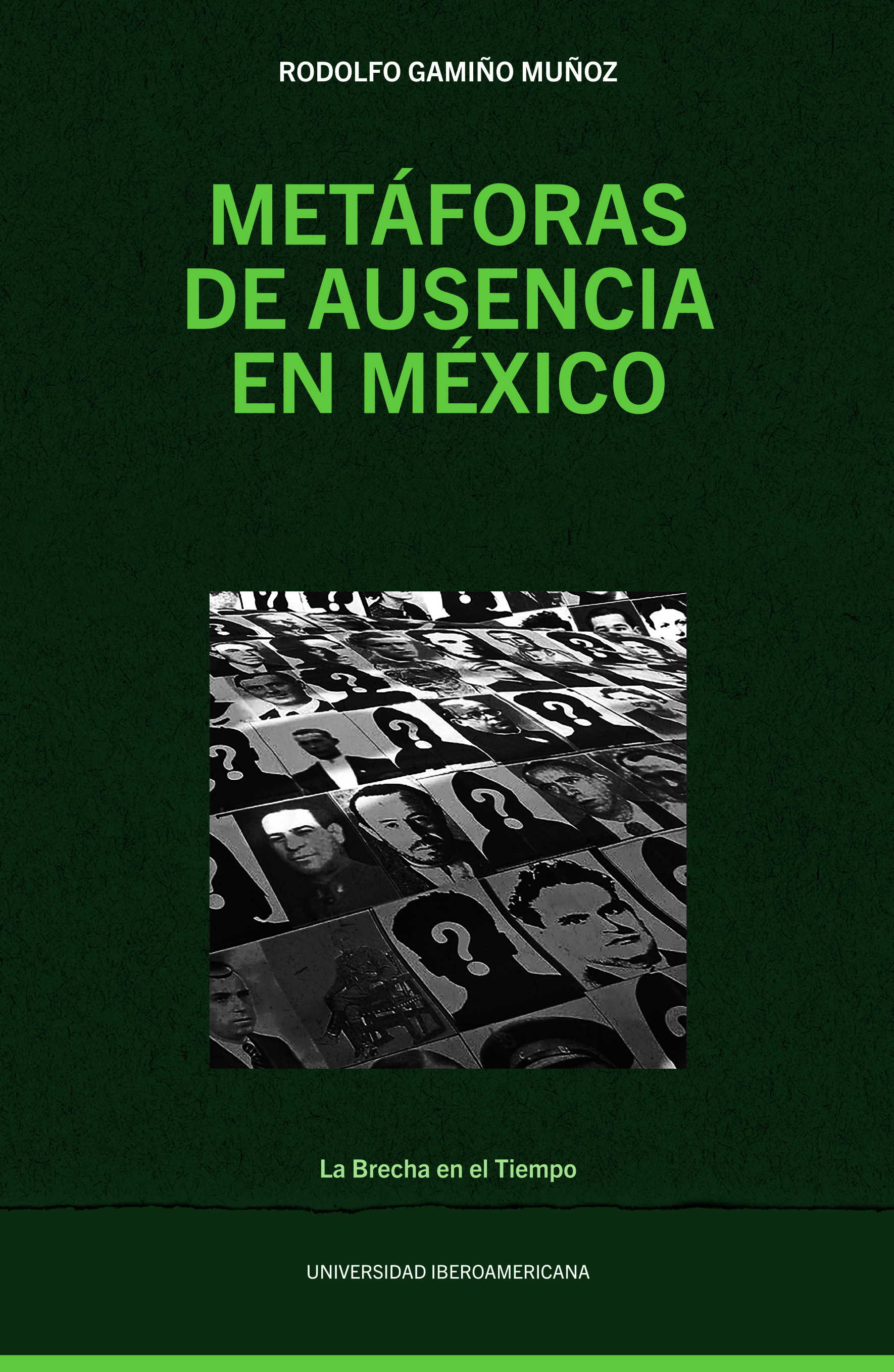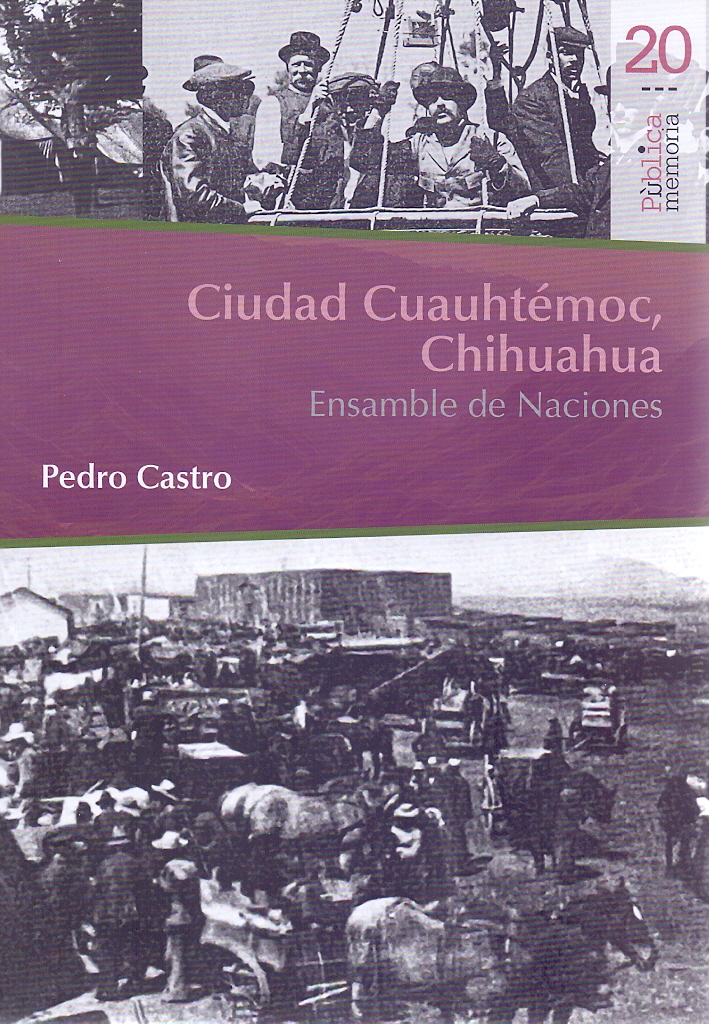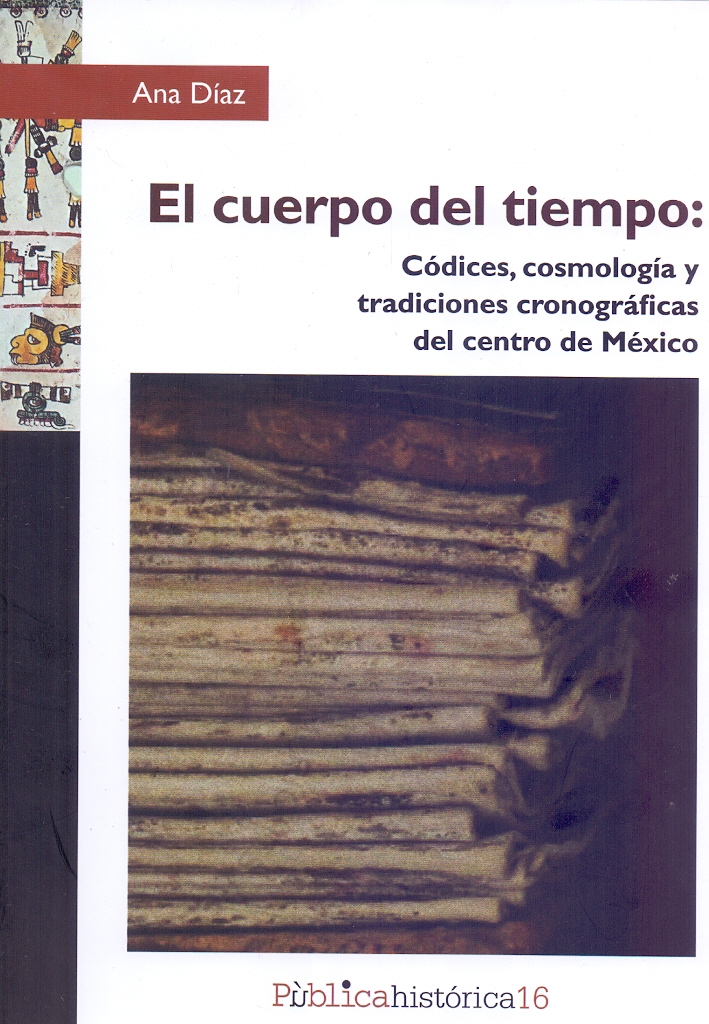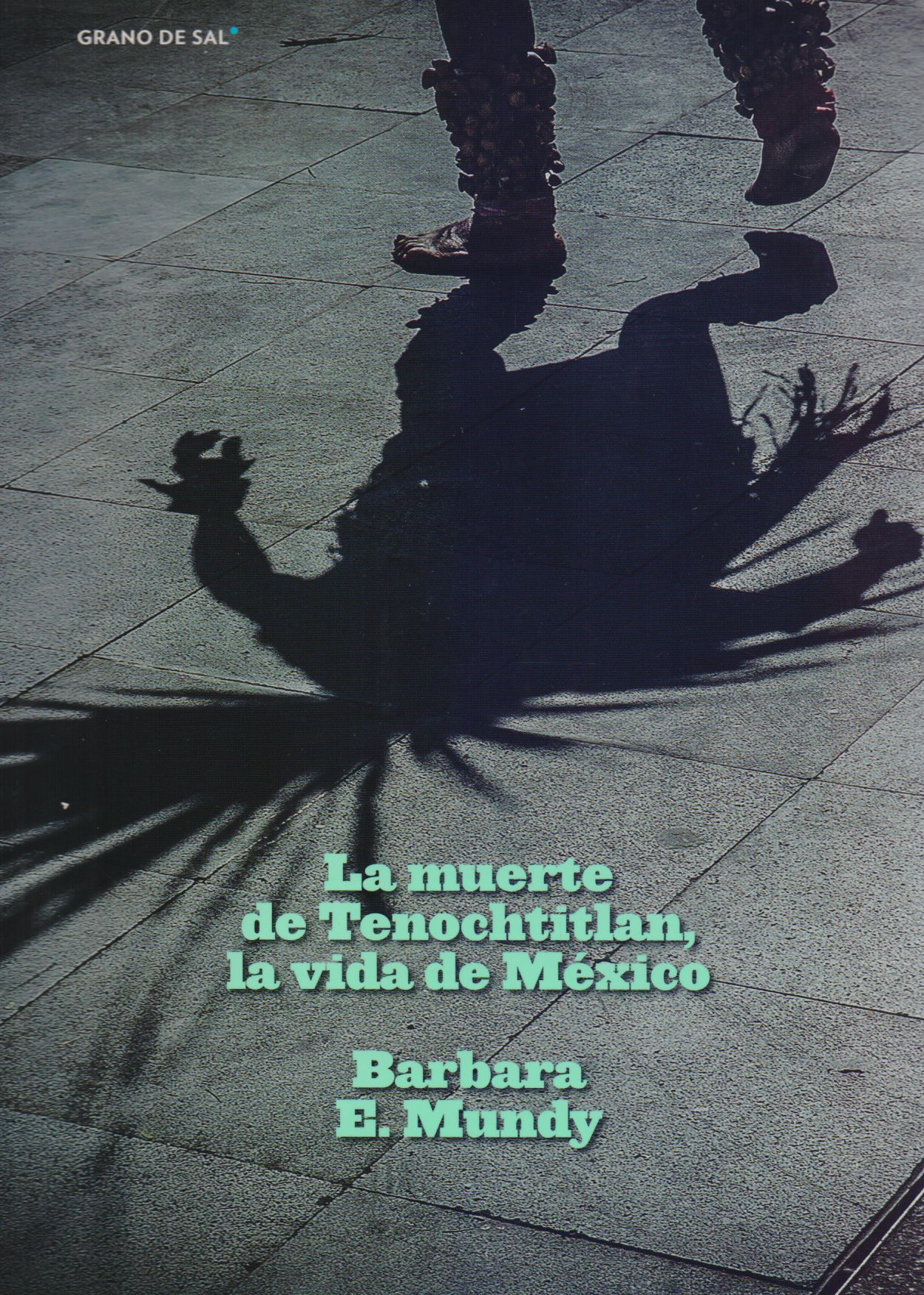Libros relacionados
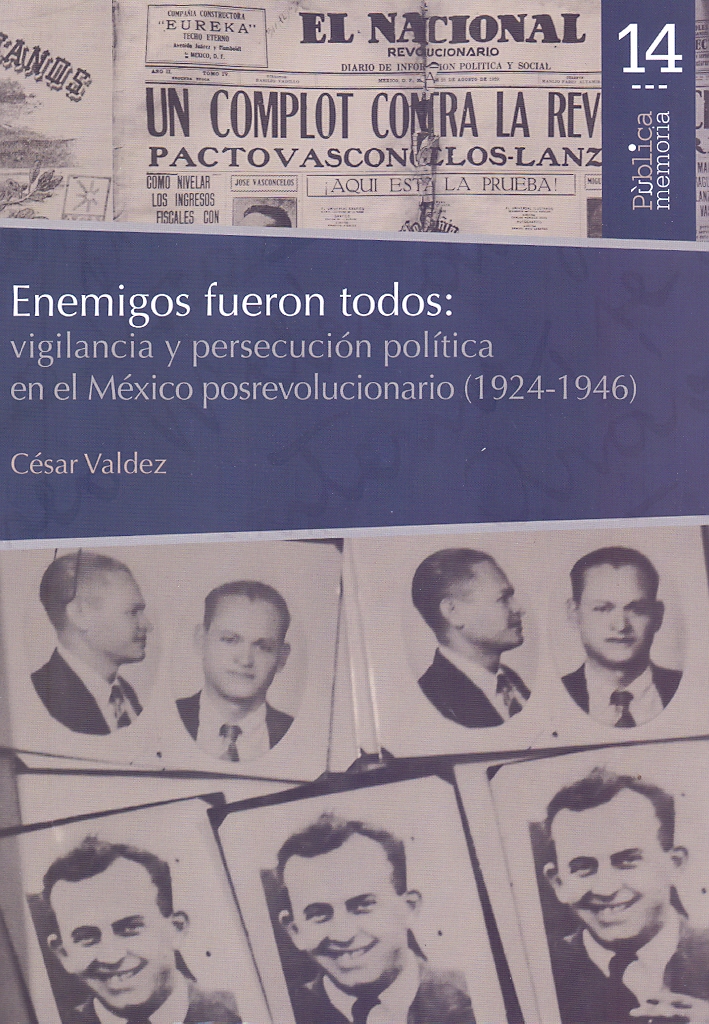 |
Enemigos Fueron Todos: Vigilancia y Persecución Política en el México Posrevoluc Valdez César Bonilla Artigas Editores |
 |
Historia Imperial del Santo Oficio (Siglos XV-Xix) Fernando Ciaramitaro, Miguel Rodrigues Lourenço Bonilla Artigas Editores |
 |
Comerciantes, Militares y Sacerdotes Vascos en el Mundo Hispánico del Siglo XVII Torales Pacheco, María Cristina Bonilla Artigas Editores |
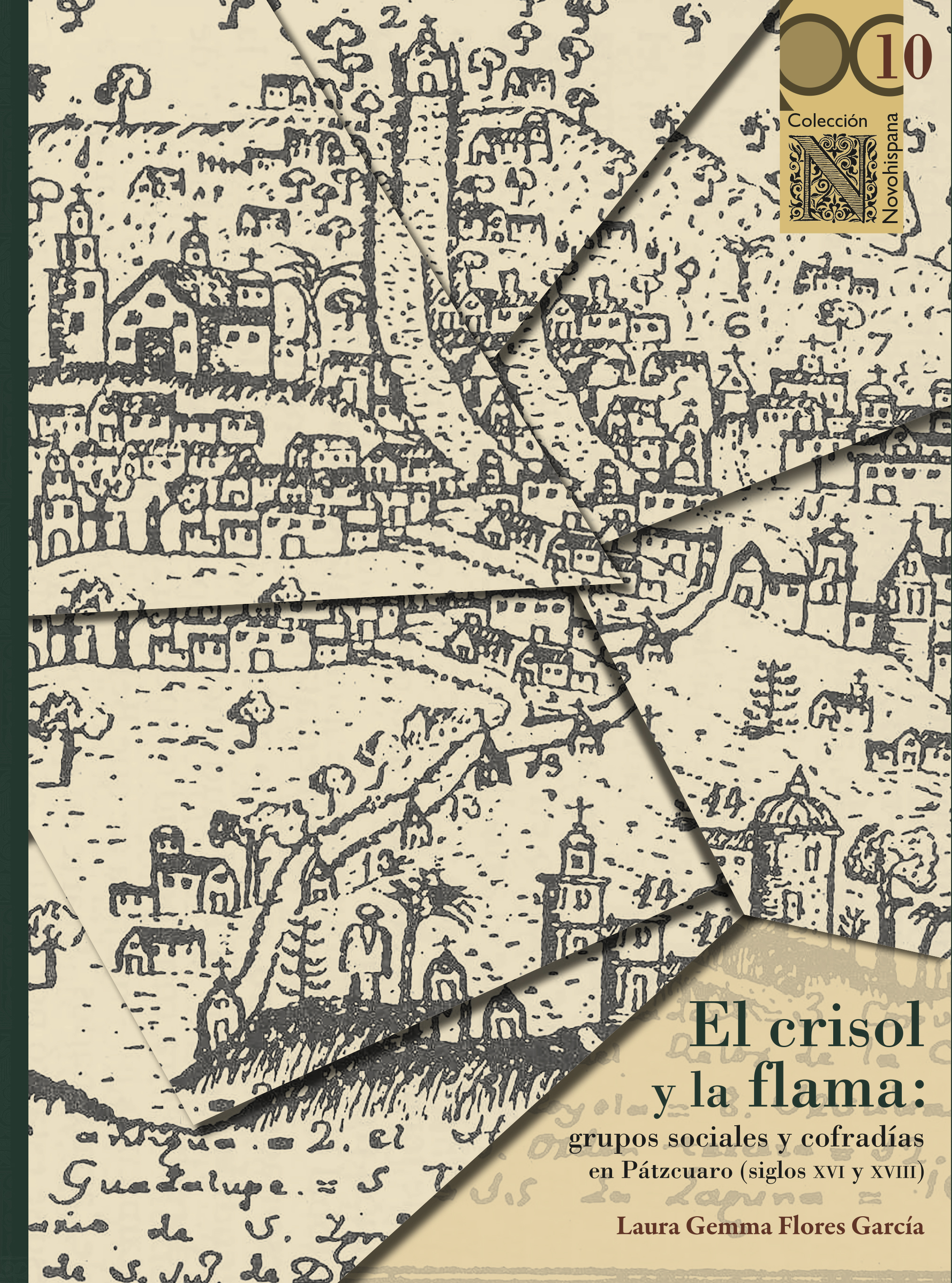 |
El Crisol y la Flama: Grupos Sociales y Cofradías en Pátzcuaro (Siglos XVI y XVI Flores García, Laura Gemma Bonilla Artigas Editores |
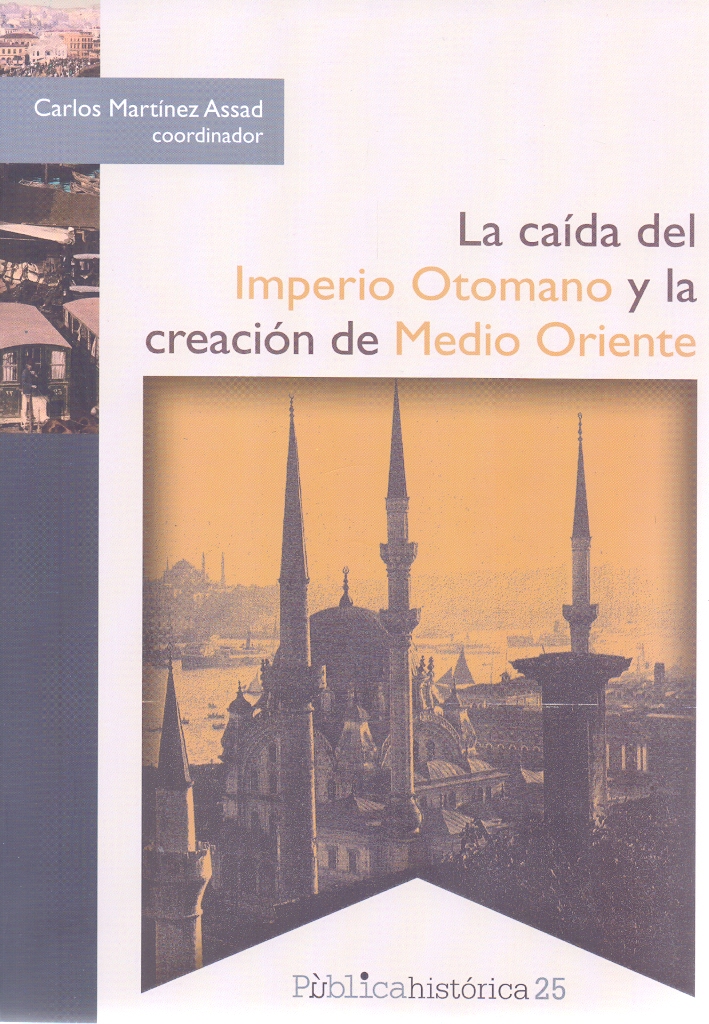 |
La Caída del Imperio Otomano y la Creación de Medio Oriente Carlos Martínez Assad Bonilla Artigas Editores |
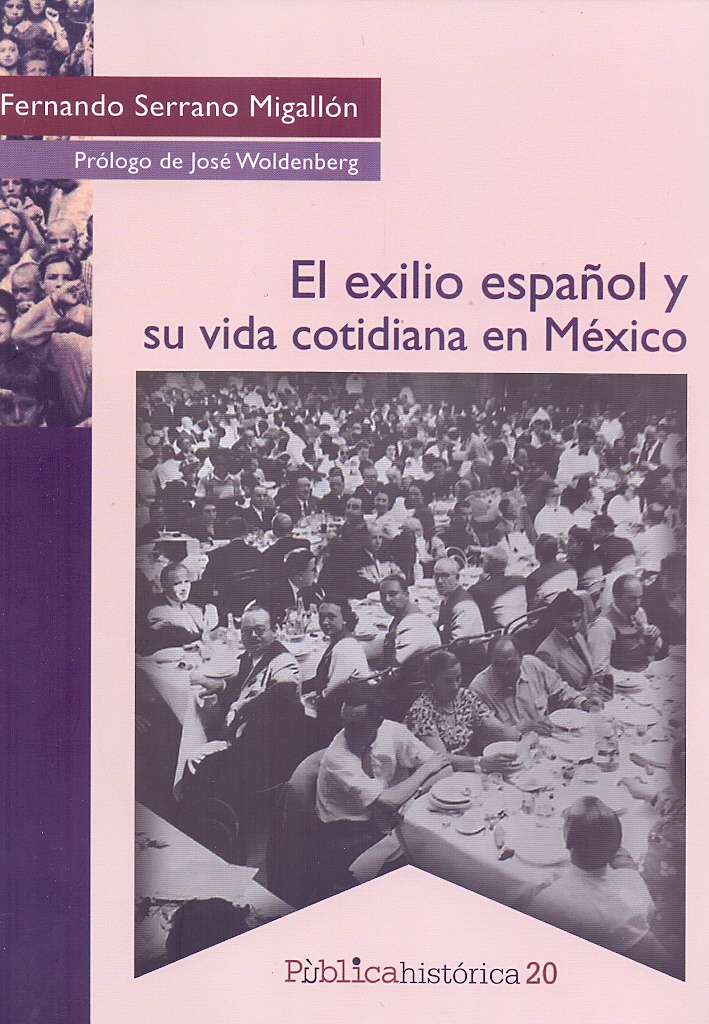 |
Exilio Español y Su Vida Cotidiana en México, El. Serrano Migallón, Fernando; Woldenberg José Bonilla Artigas Editores |
 |
La Corte de Isabel II y la Revoluciónde 1854 en Madrid Madame Calderón de la Barca; Raúl Figueroa Esquer Bonilla Artigas Editores |
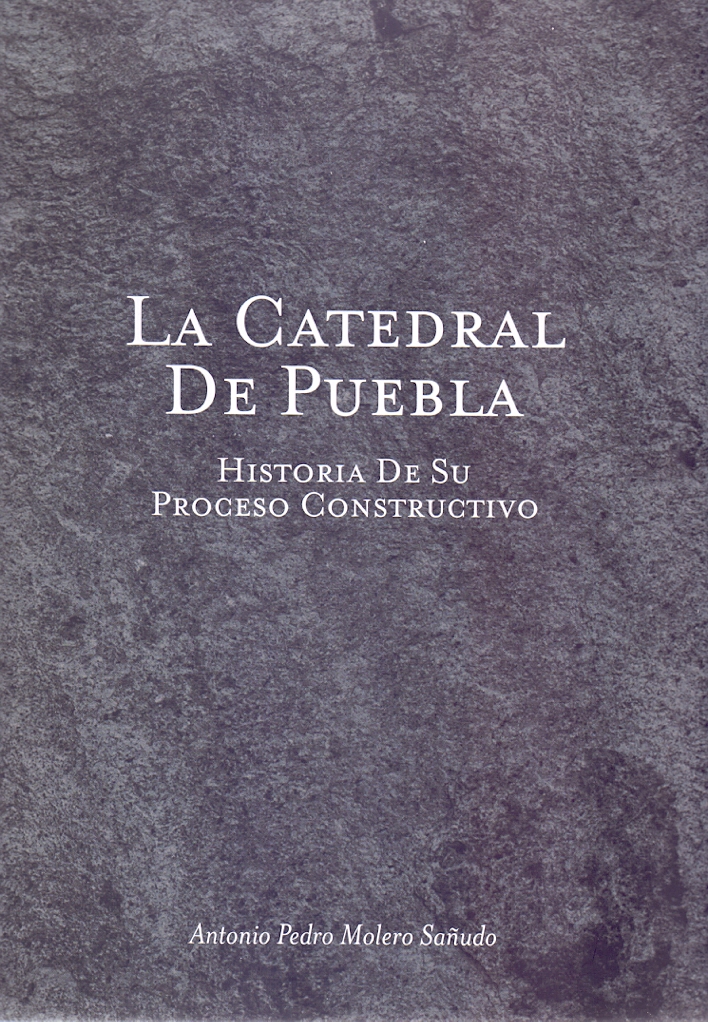 |
La Catedral de Puebla. Historia de Proceso Constructivo Molero Sañudo, Antonio Pedro Benemerita Universidad Autonoma de Puebla |


|
Título: 1948. The First Arab-Israeli War | |
| Autor: Morris Benny | Precio: $495.00 | |
| Editorial: Yale University Press | Año: 2008 | |
| Tema: Historia, Internacional | Edición: 1ª | |
| Sinopsis | ISBN: 9780300126969 | |
| This history of the foundational war in the Arab-Israeli conflict is groundbreaking, objective, and deeply revisionist. A riveting account of the military engagements, it also focuses on the war's political dimensions. Benny Morris probes the motives and aims of the protagonists on the basis of newly opened Israeli and Western documentation. The Arab side_where the archives are still closed_is illuminated with the help of intelligence and diplomatic materials.
Morris stresses the jihadi character of the two-stage Arab assault on the Jewish community in Palestine. Throughout, he examines the dialectic between the war's military and political developments and highlights the military impetus in the creation of the refugee problem, which was a by-product of the disintegration of Palestinian Arab society. The book thoroughly investigates the role of the Great Powers_Britain, the United States, and the Soviet Union_in shaping the conflict and its tentative termination in 1949. Morris looks both at high politics and general staff decision-making processes and at the nitty-gritty of combat in the successive battles that resulted in the emergence of the State of Israel and the humiliation of the Arab world, a humiliation that underlies the continued Arab antagonism toward Israel. |
||
Librería Bonilla SA de CV © Todos los derechos reservados. 2019
Última actualización: Jul 2019



